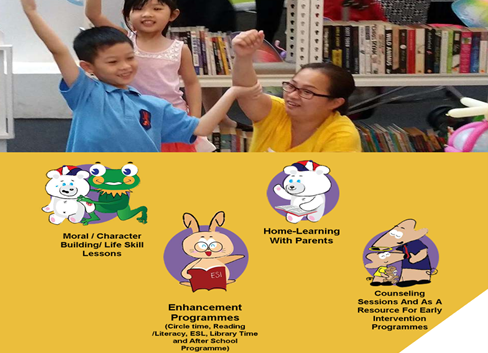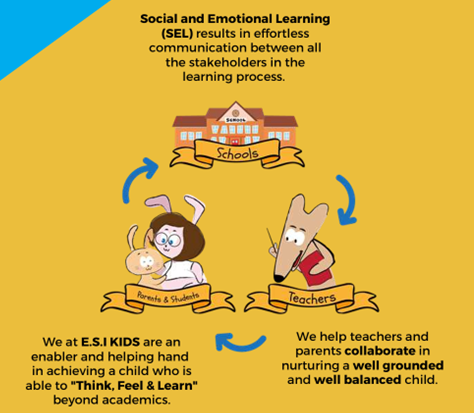Rules of Engagement
RULES OF ENGAGEMENT
Are you effectively an engaging teacher?
Student engagement is not serendipitous. It is strongly influenced by what teachers do in class. Teachers play a vital role in their students’ engagement and motivation. All teachers can become engaging facilitators with smart thinking and careful planning.
Motivating students is one of the major challenges teachers face on a daily basis. Getting all the students focused and eager on task during the class is challenging. Anyone, especially a young kid, who has to sit through a long routine is bound to drift off at some point.
Teachers use to quickly label the students as ‘disruptive’, ‘lack on interest’ or ‘lack of focus’ in their classrooms. What if this time you turn the table and see things from a different perspective. Do all those focus and engagement problems come from the students? What about you? Are you effectively engaging your students?
Teachers should look at their delivery of lessons and one problem, the lack of engagement in keeping students interested in the learning process. Teachers play a vital role in their students’ engagement and motivation. Teachers who are confident and are enjoying in teaching have shown positive impact on their students. When teachers feel good about themselves, they have more patience for and better interaction with students. They increase student motivation and engagement, that is characterised by positive, proactive, and solution-focused orientations.
Teachers should create learning opportunities that are active, collaborative, and promote learning relationships. Active learning in groups, peer relationships, and social skills are key components to engagement and motivation. Teachers can establish an energetic environment by maintaining a high energy level themselves as well as by incorporating physical movement into daily classroom activities. They might ask students to move to various parts of the room to signal their position on an issue or their answer to a question.
Increased student engagement and motivation is key to academic and behavioral success. Engaged students demonstrate more effort, experience more positive emotions and pay more attention in the classroom. Those students tend to perform considerably higher academically and are better behaved than unmotivated and un-engaged peers.
Teacherpreneurship (https://www.seagaleducation.com/blog/achieve-more-beyond-the-classroom/) allows more teachers to become better classroom instructors. It allows teachers to have richer, more diverse and fulfilling professional experiences. It will raise the bar in your school’s teaching standards with engaged minds.



